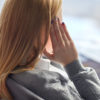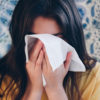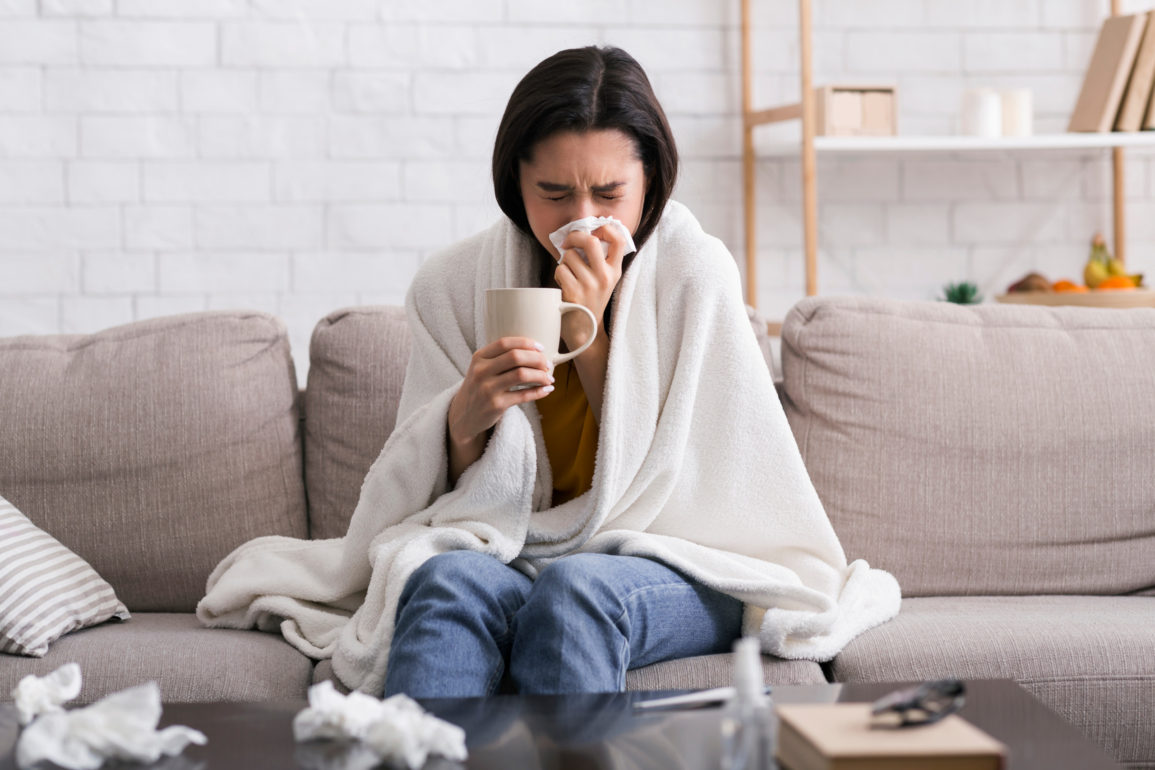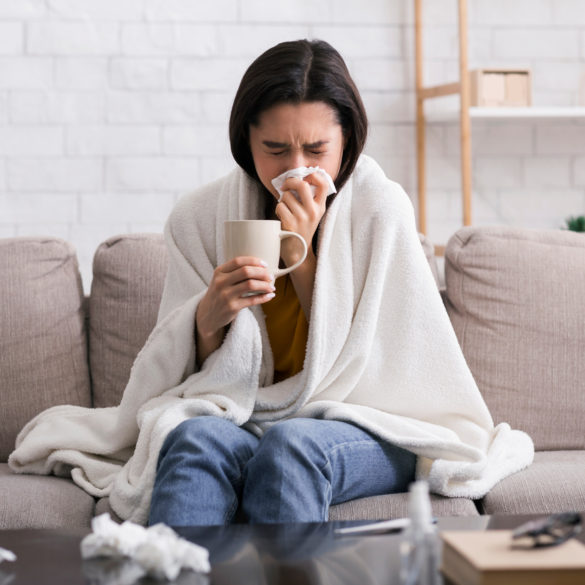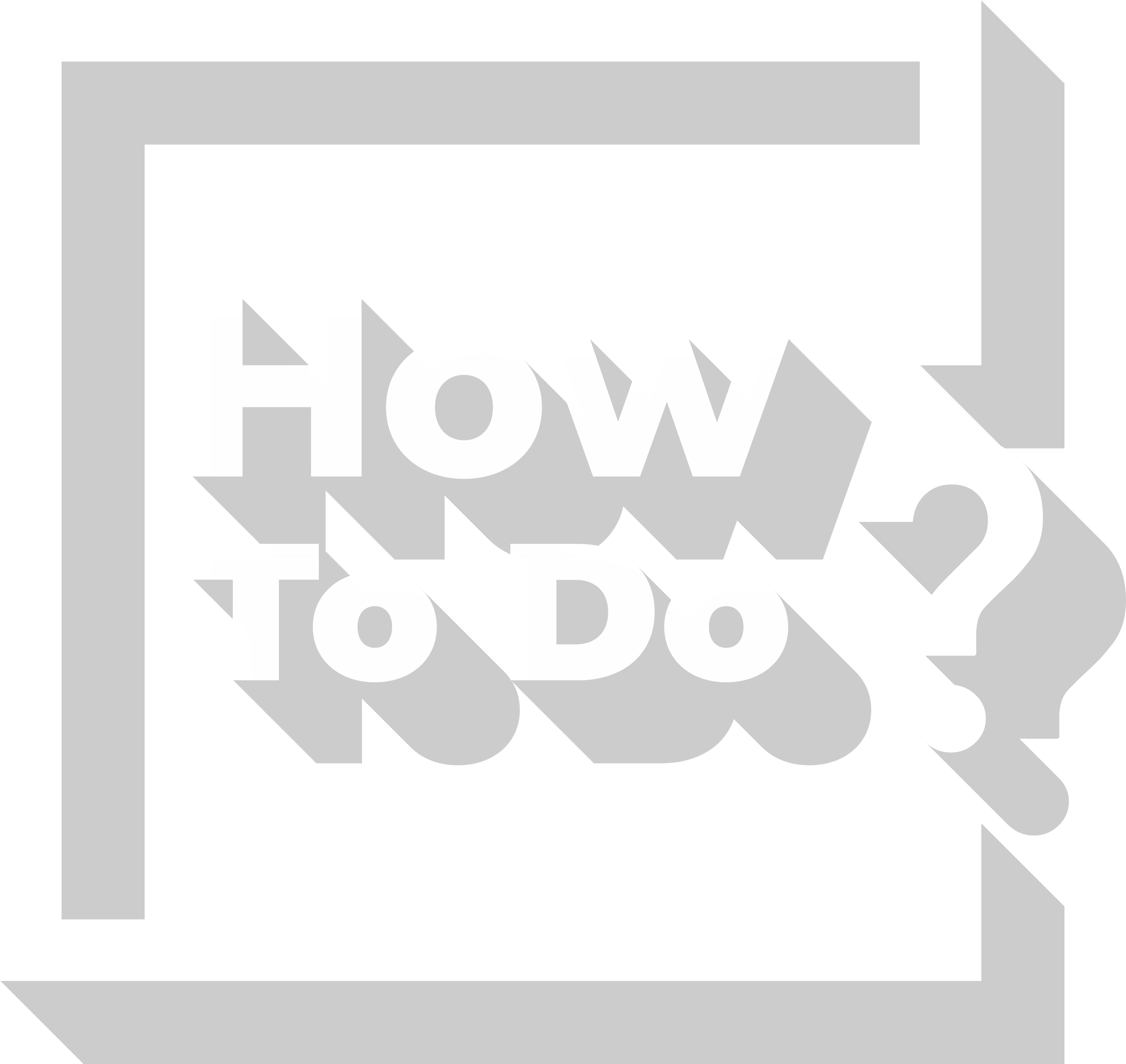In these days of battle against the new Coronavirus pandemic, it is crucial that we understand what the viruses are and how we can protect ourselves and others against them. In this article, we have compiled the major methods you need to employ in order to protect yourself and other against coronavirus and similarly transmitting viruses that cause influenza and common cold. Because virus types and their modes of transmission are numerous, we will talk about viral diseases that requires different types of approaches in separate articles.
Viruses are a reality of a world and they closely concern us all. These things, (it’s controversial whether they are living or not) which are much smaller than not only our cells but also bacteria, are everywhere. On air, in soil, in your body… Not all types of viruses cause human diseases. Certain types cause short-term infections with mild symptoms unless the patient’s immune system is weak or weakened (as a part of a treatment against other diseases). However, some types of viruses can cause serious harm, even death, unless an active treatment is provided. On the other hand, some types of viruses such as HIV can’t be removed from the body once they infect the patient.
Some of the Diseases Caused by Viruses
- Common cold
- Influenza
- Chickenpox
- Measles
- Genital herpes
- AIDS
- Ebola
How to Protect Yourself and Others Against Viruses
Step 1: Learn How They Spread
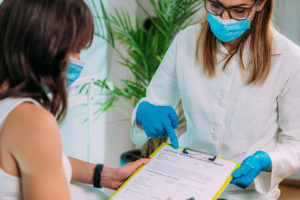
Different types of viruses have different modes of transmission. Some viruses are spread in the air, while some others can only be transmitted with blood transfusion or sexual intercourse. Therefore, the crucial first step of battle against viruses is to be informed about virus types infecting human beings. (Remember, a virus that doesn’t affect humans may change in time and become able to infect people. Follow current news.) Especially in times of pandemic like today, you should certainly be informed in detail about the virus which causes it and plan your steps accordingly.
Coronavirus and viruses that cause influenza and common cold are transmitted from person to person by means of contact and droplets spreading in air. If you touch your mouth, nose or eyes after you have touched a surface (or shook hands), you may cause the viruses you took from the surface (or another person) to enter your body. Being in the close proximity with an infected person, may allow the virus-carrying droplets released by this person via coughing or sneezing to transmit the viruses to your body.
Step 2: Avoid Close Contact
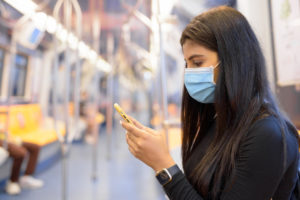
You should be careful about keeping proper social distance to protect yourself and others against viruses like Coronavirus transmitting via droplets travelling through air. During pandemics, try to avoid being in close contact with others, and stay away from crowded places. Avoid shaking hands during pandemics in order to avoid transmission through direct contact. Don’t converse with people by standing too close to each other. Perform meetings on internet as much as possible. Communicate with your friends and relatives by means of phone calls and internet services.
Step 3: Clean Your Hands Often
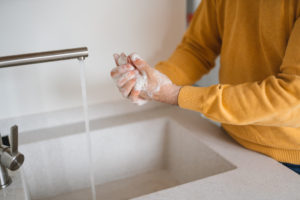
Viruses can be transmitted to your hands by means of direct contact. If you touch your mouth, nose or eyes before you clean them, you can catch the illness. To avoid this type of transmission, clean your hands using soap and water for 20 seconds, often. Don’t touch your face unless you have cleaned your hands. Carry a hand sanitizer with you when you’re outside and disinfect your hands often.
Step 4: Wear a Mask
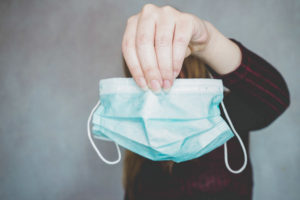
Remember, the most effective way of beating pandemics is to act as a society. We should protect both ourselves and the others. Wearing a mask protects us if we are not sick, and protects others if we are. Studies show that infectiousness is the lowest when both infected and healthy people wear masks. Unless you are together with the people they share the same home with you, you should wear a mask in all cases. Not only wearing a mask, but also wearing it properly is important. Your mask should always cover your mouth and nose.
Step 5: Cover your Mouth and Nose While Coughing or Sneezing
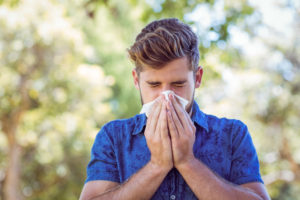
Sneezes and coughs spread the highest amount of virus-carrying droplets into the air. To protect others, you should cover your mouth and nose while sneezing or coughing with a tissue or use the inside of your elbow.
Step 6: Clean Often
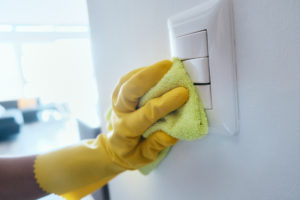
Every day, clean and disinfect objects that are frequently touched such as tables, phones, and door handles. This is especially important for places that many people use.
Frequently Asked Questions
Should I Use an Antibacterial Soap?
Viruses are not bacteria. To protect yourself and others against viruses, clean your hands using a soap and water for 20 seconds, often. When you are outside, try to clean your hands often, using hand sanitizers.
Does Wearing a Mask Protect Against the Disease?
If both infected and healthy people wear masks, the infectiousness of the virus drops significantly. That is why everybody should wear masks. However, wearing a mask does not make it impossible to be infected. Therefore, be careful about the social distance, stay away from crowded places, and employ other protection methods.
Is Covid-19 Dangerous Only for Elderly People or People with Chronic Illnesses?
Coronavirus is riskier for elderly people, people with chronic illnesses, people with weak immune systems and people smoking cigarettes. However, this virus can cause severe hospitalizations, permanent damage, even death for young and healthy individuals. These are possibilities. Even if you recover quickly, without serious symptoms or discomfort, you can still be the reason that the virus is transmitted to others. Therefore, everybody should take this disease seriously.
How Can I Know Whether I am Infected or not?
Symptoms of coronavirus does not quickly appear. It may take from a few days to 2 weeks. Therefore, in order to protect your loved ones and the society, always act like you are infected. The most common symptoms that may mean that you are infected are cough, shortness of breath and fever.
